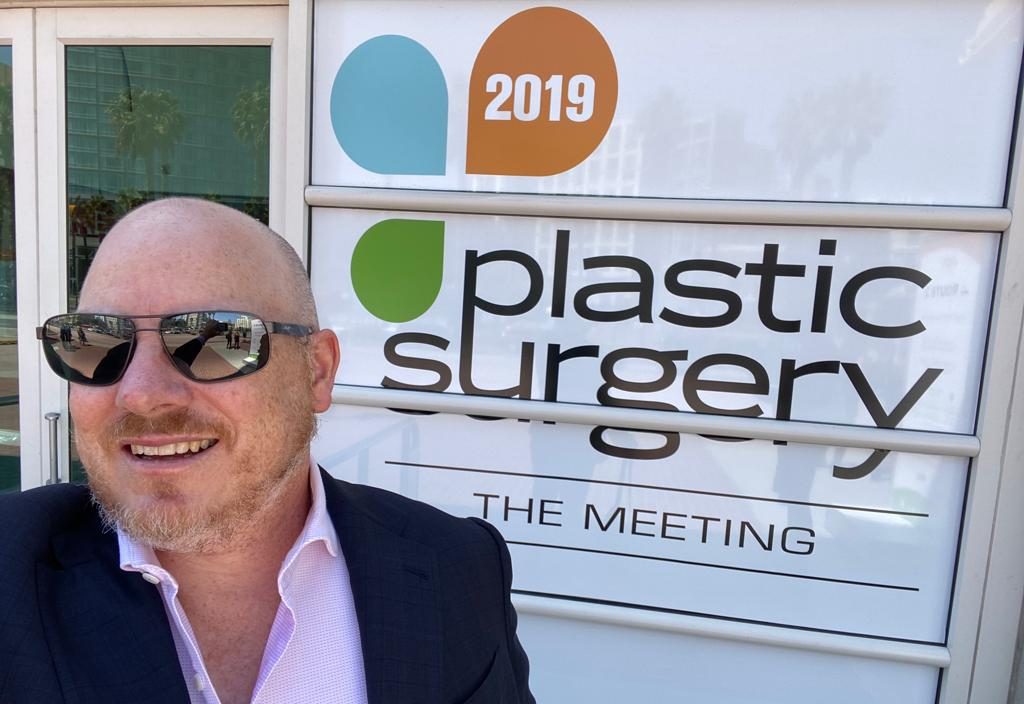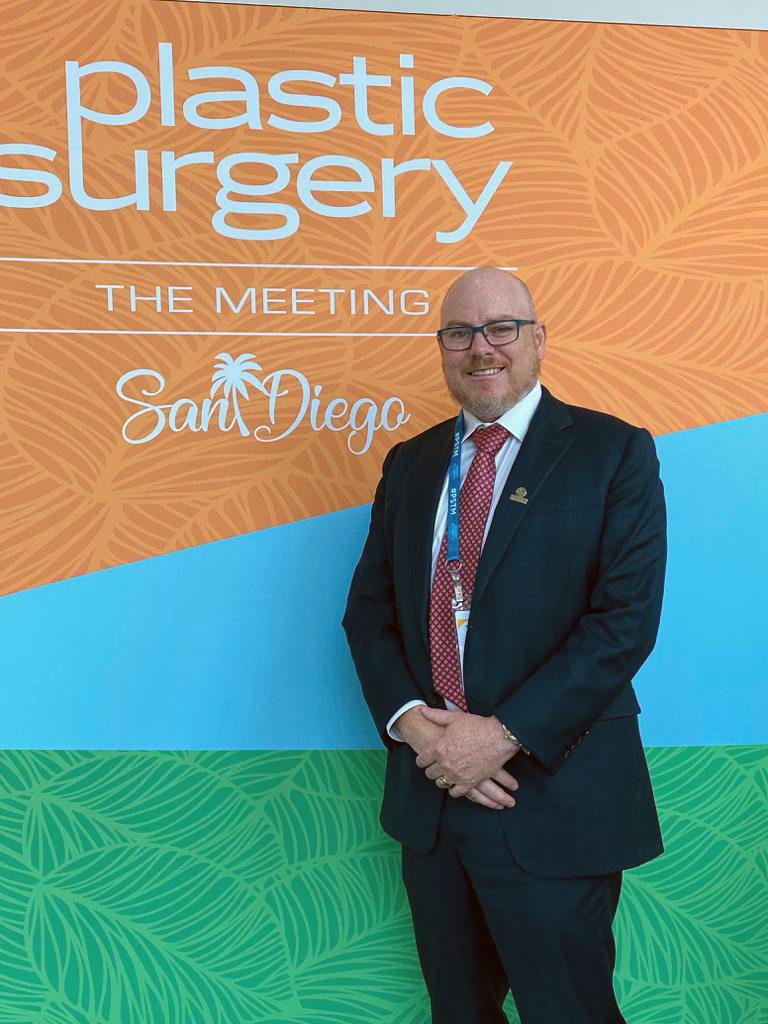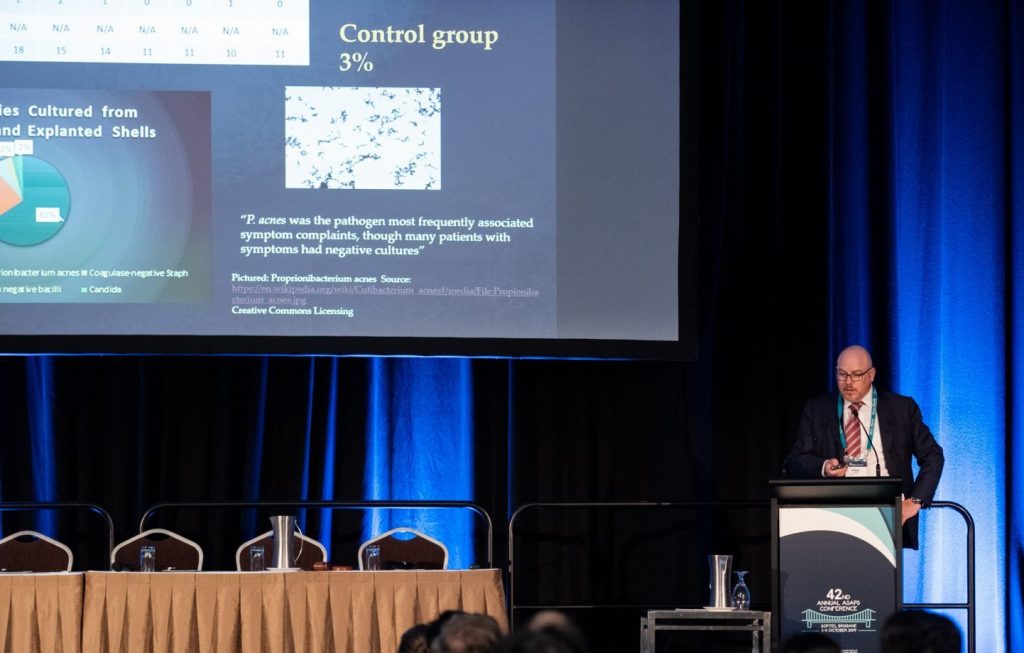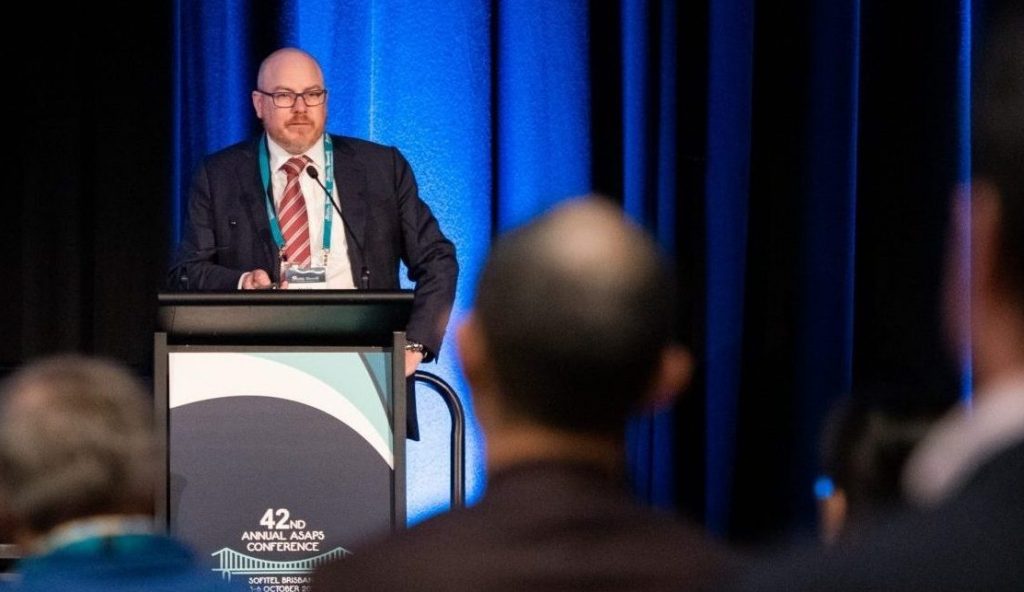Breast augmentation surgery continues to be the most popular cosmetic day-surgery procedure conducted in Australia. One element of minimising a patient’s post-operative time in hospital is providing adequate analgesia. Opiate-based pain relief has traditionally been used post-surgery, however the side-effects, such as nausea, vomiting, sedation and addiction, can increase the time spent in hospital and incidences of re-admission, which impact patient wellbeing and costs.
Drs. Mark Lee and Connor McCartney have developed a regional anaesthesia solution for breast surgery using two targeted nerve blocks (INB) which can be administered quickly and easily under direct vision. The doctor’s theorised that targeted INB would reduce post-operative opiate consumption and decrease pain scores, leading to increased patient satisfaction, accelerated discharge times and a faster return to normal activities.
To test their hypothesis, Drs. Lee and McCartney conducted a controlled test of 20 breast surgery patients at St John of God, Subiaco between September 2020 and October 2020.
Results from the test demonstrated that patients who had received INB had lower post-operative pain leading to reduced opiate requirements, with no INB related side effects recorded.
To read the full article, visit Plastic & Reconstructive Surgery Global Open.
To enquire about breast augmentation surgery with Dr. Lee, contact us.




Join the conversation